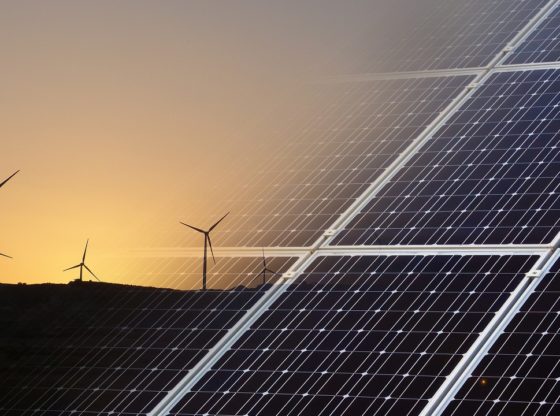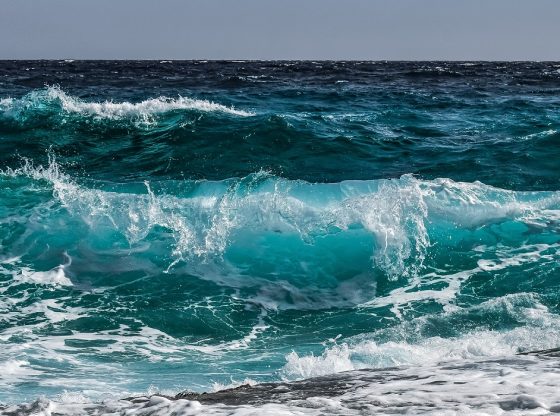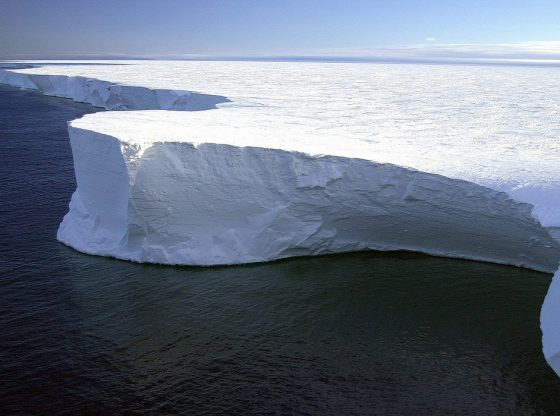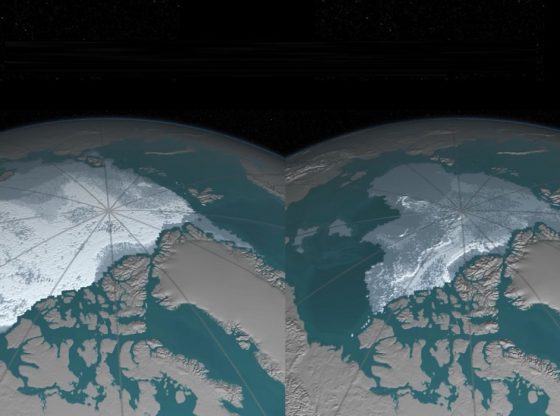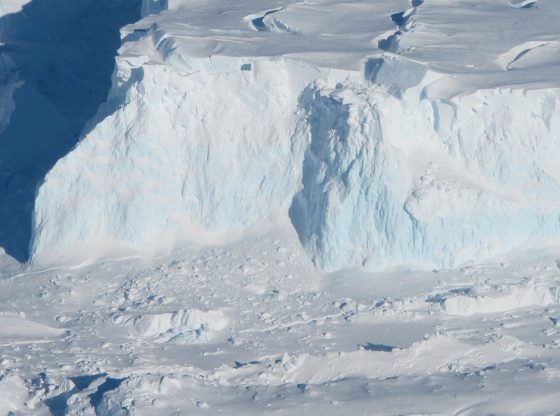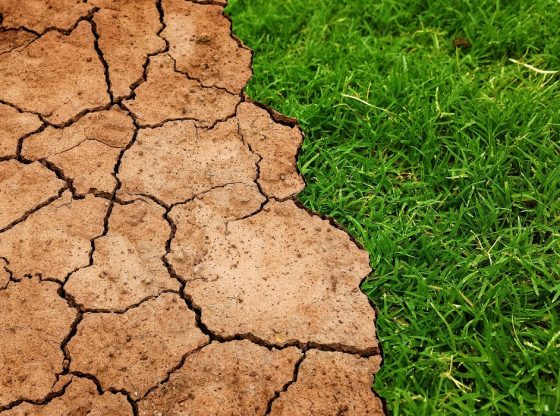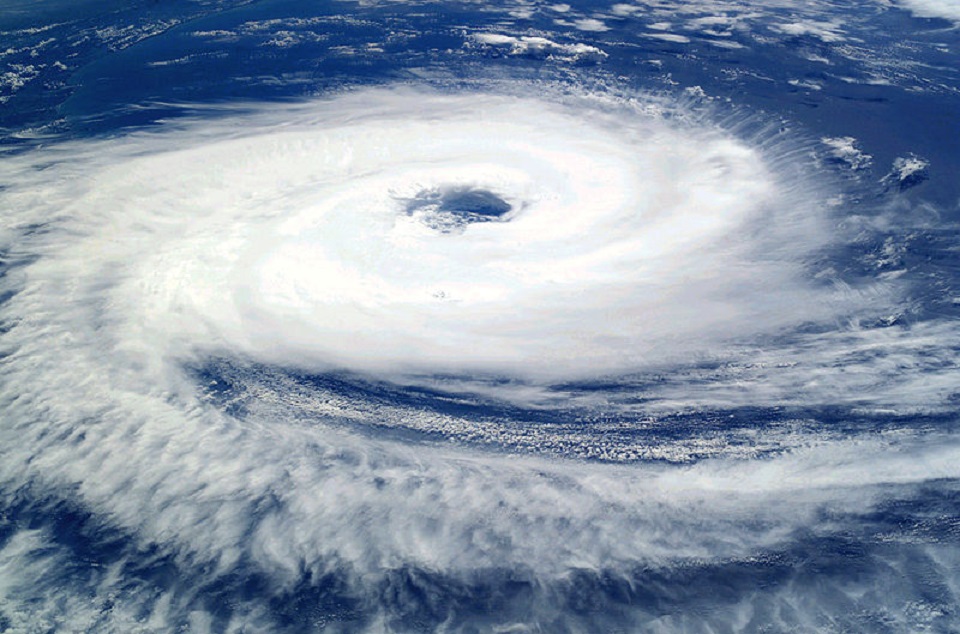
A new study done by researchers at the Massachusetts Institute of Technology and published in the Proceedings of the National Academy of Sciences (PNAS), has analyzed the probable impacts of increasing greenhouse gas emissions in relation to cyclones.
They believe that these emissions may not only lead to increased global warming, but also more cyclones. Since the Earth is getting warmer with global warming, this is highly correlated with an increased frequency of tropical cyclones and indeed extreme weather as confirms by other research.
The logic behind increasing extreme weather events and global warming is clear since the extreme weather is a consequence of high amounts of energy in circulation and higher temperatures equal more energy, a higher mean temperature of Earth equals more extreme weather on Earth.
This study does indeed confirm that increasing greenhouse gas emissions in the future would contribute to a 10 to 40 percent increase in the frequency of tropical cyclones by the year 2100.
The climate correlation with hurricanes over the past 40 years can also be accurately predicted using climate models, by among others MIT climate/hurricane researcher Kerry Emanuel. As future predictions indicate more storms, stronger storms with stronger winds and more rain.
Kerry Emanuel used replicated cyclones in six climate models as provided by the Intergovernmental Panel on Climate Change (IPCC). And then simulated storms patterns based on these models.
The outcome varies with emission severity as outlined in the IPCC models, indicating an increase by 10 to 40 percent of tropical cyclones by 2100, given that carbon dioxide emissions increase three times for a worst-case scenario.
______________
Downscaling CMIP5 climate models shows increased tropical cyclone activity over the 21st century
____________________________

